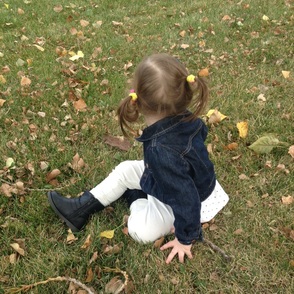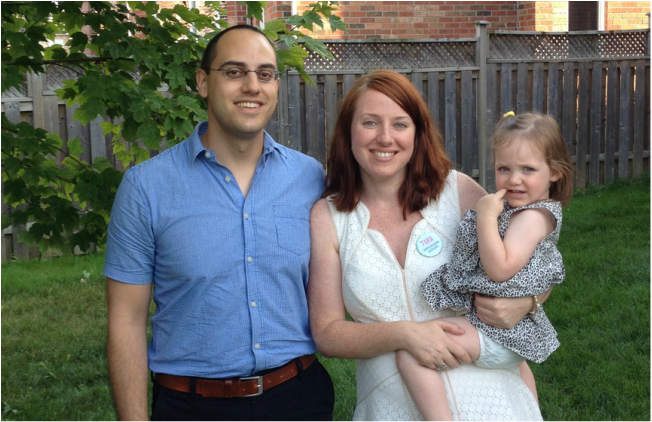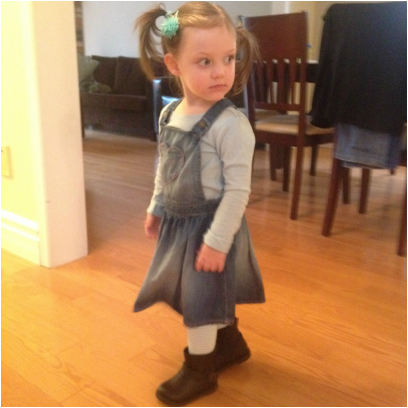
When I see friends, family or even complete strangers post pictures and updates about their kids, I often wonder what is going on under the surface of that still life. What happened the two minutes before or ten seconds after the shot was taken? How many takes were there? Did the kid need coaxing? Were there cookies involved?
Social media gives us the power to narrate our lives, to put our own spin on what’s happening in the world. I use Facebook, Instagram and Twitter every day and marvel at the wonder of technology, how I can connect with people I know and strangers I’ll never meet.
Sometimes the highlight-reel effect leaves me feeling bereft when I see an unrelieved stream of ultra-positive posts. Cute shots of propped-up infants or melancholic cats. Let’s be clear, though: there is nothing wrong with this stuff in itself. It’s adorable and it perks people up. It’s like the visual Prozac of the Internet.
I’m the first person to admit that I post a ridiculous amount of pictures of my daughter. She could be wearing a pink beret or arranging my books in a long line across the living room. People think she’s cute, hit the “like” button, and I feel instant validation.
But my life with Eve is not solely made up of moments that are Instagram-worthy or Facebook-friendly. Sometimes she’ll pull the contrary toddler card and won’t pose nicely for a picture. Sometimes she just moves too fast to be caught on film. Other times we’ll be at an event and she will be overtired and overstimulated, and the only shot we can get is one of her balling her eyes out.
I’ve learned recently through my writing that people are hungry for posts that reveal the shitty side of parenting. They want to know they’re not alone in tearing their hair out. They need to see that other mums and dads are stumbling their way through this experience, too, hoping for the best but fearful of bumbling the worst.
Raising another human being is rewarding, but it's also exhausting. I’ve found that when I share real parenting struggles, people respond. They feel included and represented because they may be feeling similar difficult emotions. They feel better because someone has put a voice to their vexations and is courageous enough to call it like it is.
My takeaway? It doesn’t always have to be beautiful, but it should always be real.
No one is happy or smiling 100 percent of the time. If all we post is exclusive positivity, we just make other people feel lacking. We give the impression that we have no problems, that our kids are angels, and that we are doing everything right. Yet this is an unrealistic picture of life.
I like visiting the Twitterverse and often get immersed in Instagram, but I don’t want to live there. I may flock to Facebook, but it’s not my home. Sometimes I find myself present in a powerful moment with my daughter, and I have to stamp out the desire to grab my phone and preserve it for posterity. Or share it with everybody.
It takes a conscious effort, but I’ve learned I don’t always have to step out of the frame and set up the perfect shot. Sometimes just having a mental picture is enough.





 RSS Feed
RSS Feed


